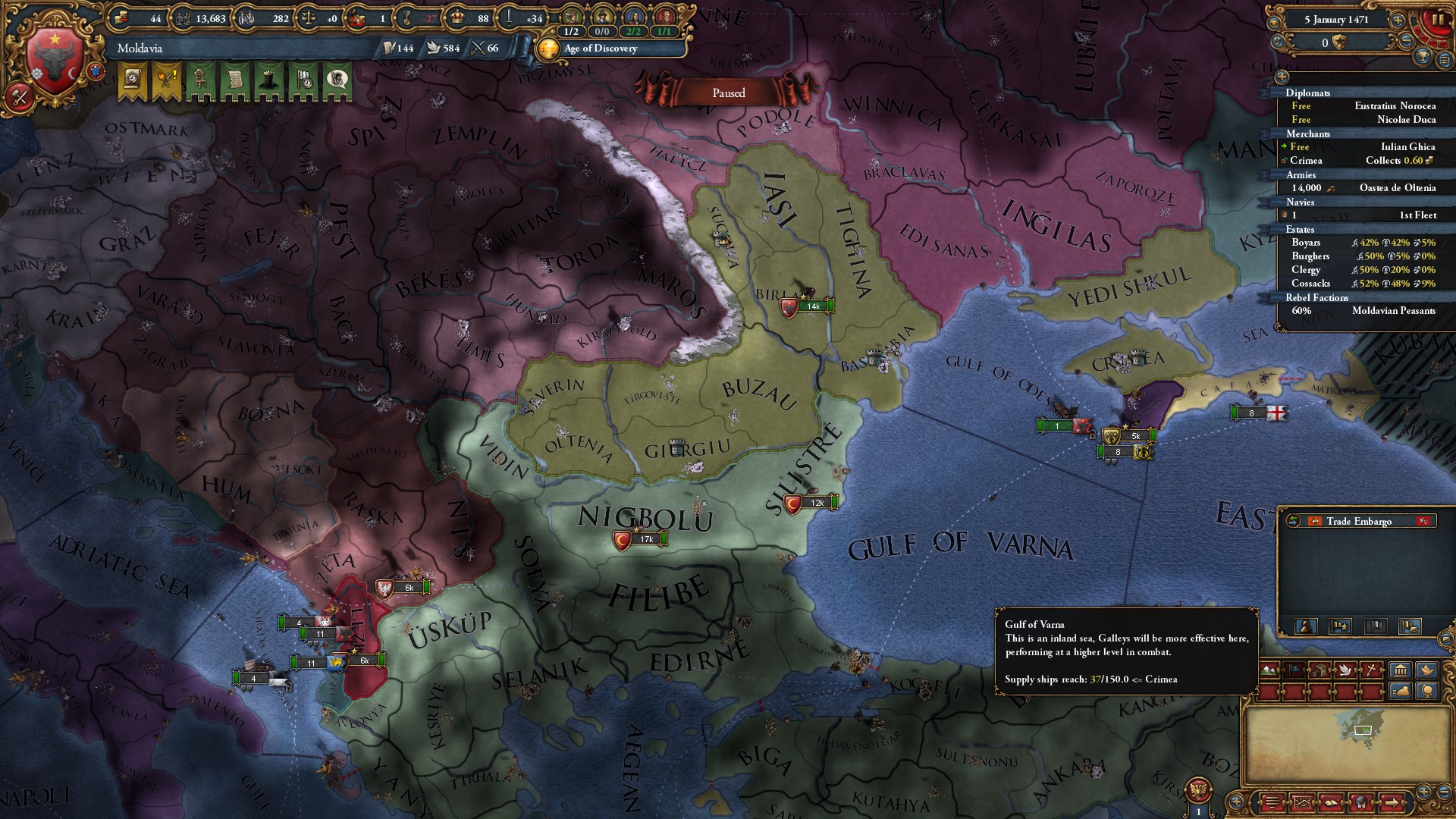



As we’ll see, some of that I’ll agree with and some of it I will disagree with, but the great value of Paradox’s games is that there is an ample theory of history to agree or disagree with.įinally, I think the latest generation of Paradox games ( Europa Universalis IV, Hearts of Iron IV, Crusader Kings III and Imperator) are particularly interesting compared to many of the older titles because of a change in design philosophy at Paradox over the years. Unlike other games which blunder through historical eras thoughtlessly, Paradox games, intentionally or not (in the event, I think it is clear from speaking with a couple of their developers, there is quite a lot that is intentional) have something to say about history.

Moreover, and we’ll get deeper into this as we go along, the very presentation of Paradox’s games, which use their efforts at historical accuracy as a key selling point, encourages players to think about them as exercises in history rather than just games.īut more than that, more than most historically set games, Paradox games are interesting because they are built with what I think is a detectable theory of history. I have already heard from multiple college-level instructors that they have students coming into their classes specifically to learn the history behind these games, which in turn means that these games are serving to shape those student’s understanding of history before they even enter the classroom. I particularly wanted to discuss Paradox’s games, as compared to other historically rooted games, because I think Paradox’s oeuvre is a particularly rich vein to mine. Especially the big crescendo about 50 seconds in which invariably makes me reach for my speakers to turn the volume down at least a notch. I swear I hear the loading music just looking at this. In any event, it seems appropriate to start with Paradox’s oldest and still flagship title, Europa Universalis and in particular with the fourth game in the series (the latest one). And this series will in turn be part of a larger series looking at several of Paradox’s games and how they treat their historical subjects (I know, a series of series may be the most ACOUP thing ever). This is the first post in a series ( I, II, III, IV) that will be examining the historical assumptions of Paradox Interactive’s grand strategy computer game set in the early modern period, Europa Universalis IV.


 0 kommentar(er)
0 kommentar(er)
